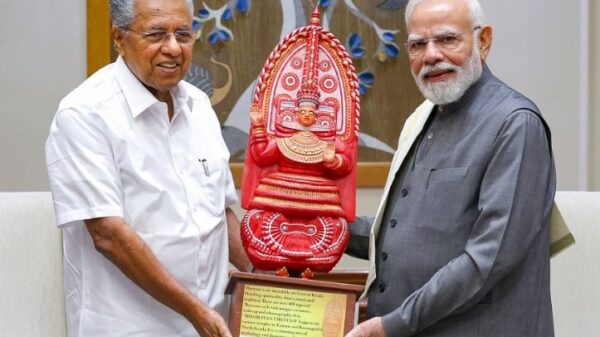AIMIM chief Asaduddin Owaisi has opposed three bills introduced by the Union Home Ministry in the Lok Sabha on Thursday, saying they violate key constitutional principles and threaten India’s federal structure.
The bills include the Jammu & Kashmir Reorganisation (Amendment) Bill, 2025, the Government of Union Territories (Amendment) Bill, 2025, and the Constitution (One Hundred and Thirtieth Amendment) Bill, 2025. Owaisi, the lone AIMIM MP in the House, submitted a notice under Rule 72 of the Rules of Procedure to block their introduction.
Owaisi argued that the proposed laws would allow ministers, including Chief Ministers and even the Prime Minister, to be removed from office merely on the basis of detention without trial. “These bills violate the principle of Separation of Powers, as they allow executive agencies to act as judge, jury, and executioner,” he said.
He warned that such provisions would undermine parliamentary democracy and shift power away from elected representatives. “The automatic removal of Ministers on flimsy grounds will make governments accountable not to the people or legislatures, but to Union-controlled executive machinery,” Owaisi stated.
The AIMIM leader also said the laws could paralyse governance. “The fear of arbitrary detention would deter Ministers and Chief Ministers from performing their constitutional duties. This would embolden bureaucrats to resist legitimate directions, leading to administrative paralysis,” he cautioned.
Owaisi further argued that the amendments breached constitutional safeguards such as the protection against double punishment. “A Minister could be punished twice—once by automatic removal upon mere allegation, and again upon conviction,” he said, pointing to a violation of Article 20.
On the Constitution Amendment Bill, he stressed that the move risked undermining federalism, which is part of the Constitution’s basic structure.
Owaisi said, “These bills weaken judicial safeguards, dilute parliamentary democracy, and undermine India’s federal framework by empowering unelected officials at the cost of elected representatives.”




























































